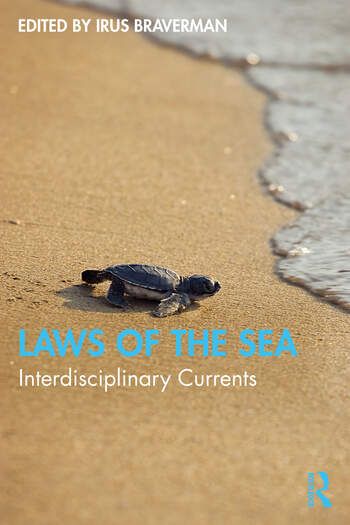
Assembling scholars across multiple orientations – from legal studies, geography, anthropology, cultural and political theory, the environmental humanities, and ocean studies – this book connects law to the broader humanities in order to critically engage contemporary concerns with the fate of the ocean.
Although the United Nations’ monumental ‘Convention on the Law of the Sea’ imagines an all-encompassing constitutional framework for governing the ocean, this collection, Laws of the Sea, approaches law in plural ways, applying the insights that have emerged within various disciplines to consider the possibilities of a critical ocean approach in legal studies. The collection is comprised of twelve chapters that utilize a diverse set of methodological tools to explore a range of intersecting sites: from hydrothermal vents, through the continental shelf and marine genetic resources, to coastal communities in areas including France, Sweden, Florida, and Indonesia. Confronting the longstanding binary of land and sea, these chapters pose a fundamental challenge to law’s terracentrism, and its pervasive influence on juridical modes of knowing and making the world. Together, they ask: is contemporary Eurocentric law – and international law in particular – capable of moving away from its capitalist and colonial legacies, established through myriad oceanic abstractions and classifications, toward more amphibious legalities?
This collection will appeal to sociolegal, international, and environmental law scholars, as well as geographers and anthropologists, cultural and political theorists, and those working in environmental history, political ecology, and animal studies.